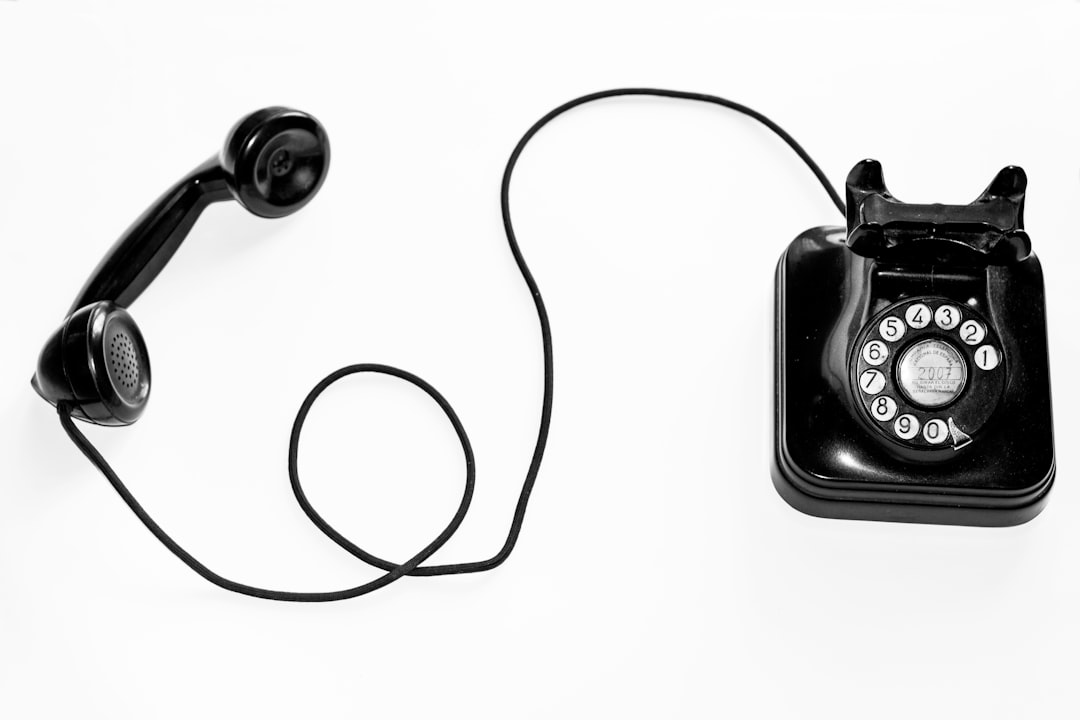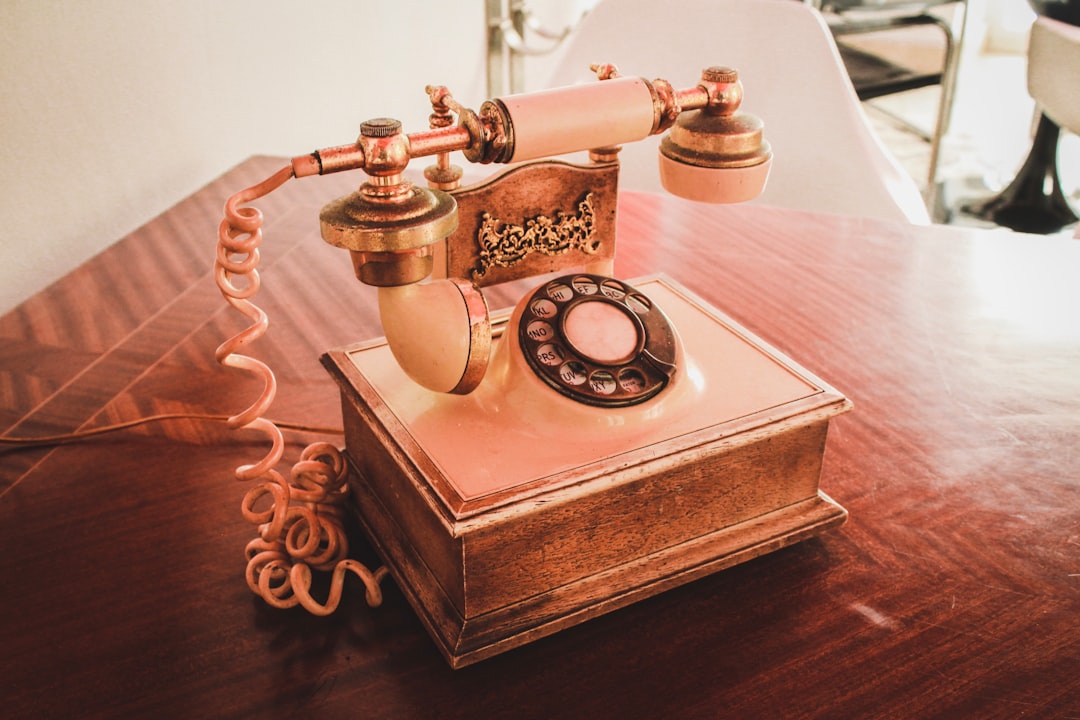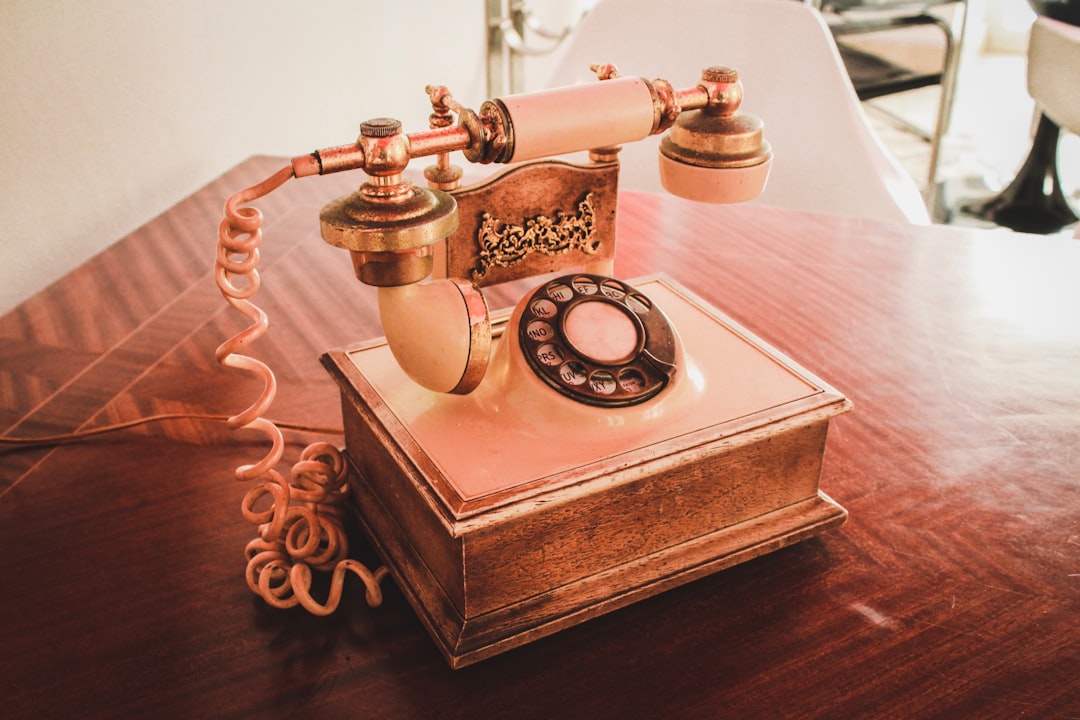Iowans are protected from unwanted phone calls and texts by the Telephone Consumer Protection Act (TCPA), which requires companies to obtain explicit consent. If you're experiencing repeated unsolicited telemarketing, consult a Do Not Call Lawyer in Iowa to understand your rights, file complaints, or take legal action under the TCPA.
As an Iowan, you’re protected by the Telephone Consumer Protection Act (TCPA), a federal law designed to curb unwanted phone calls. This article is your guide to understanding and enforcing your rights under the TCPA in Iowa. Whether you’re dealing with a spammer or a persistent caller, knowing your legal options is crucial. We’ll explore your rights as a caller and provide practical steps on how to take action against violators, empowering you with the knowledge of a do-not-call lawyer right from your home state.
Understanding the Telephone Consumer Protection Act (TCPA) in Iowa
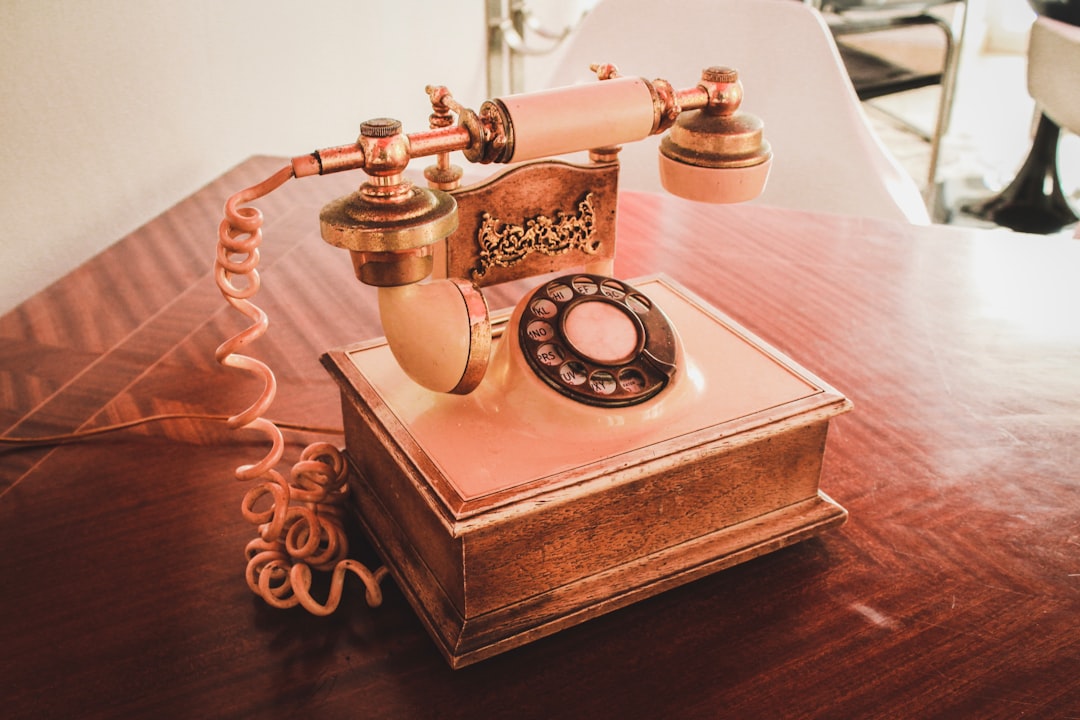
In Iowa, the Telephone Consumer Protection Act (TCPA) is a powerful piece of legislation designed to protect consumers from unwanted phone calls and text messages. This federal law has significant implications for businesses and individuals alike, ensuring that everyone’s right to privacy is respected. If you’re an Iowan receiving repeated unwanted telemarketing calls or texts, you have legal recourse under the TCPA.
The TCPA restricts how businesses can contact consumers on their phone numbers, including landlines and mobile devices. It specifically addresses do-not-call lists and requires businesses to obtain explicit consent before placing automated calls or sending text messages for marketing purposes. For Iowans, this means that if you haven’t given permission for a company to contact you, they must refrain from calling or texting. If your number is on the National Do Not Call Registry or you’ve registered with Iowa’s do-not-call list, businesses are prohibited from bothering you with unsolicited calls. Consider consulting a do not call lawyer in Iowa if you believe your rights have been violated to explore legal options and remedies available under the TCPA.
Your Rights as a Caller: What You Need to Know
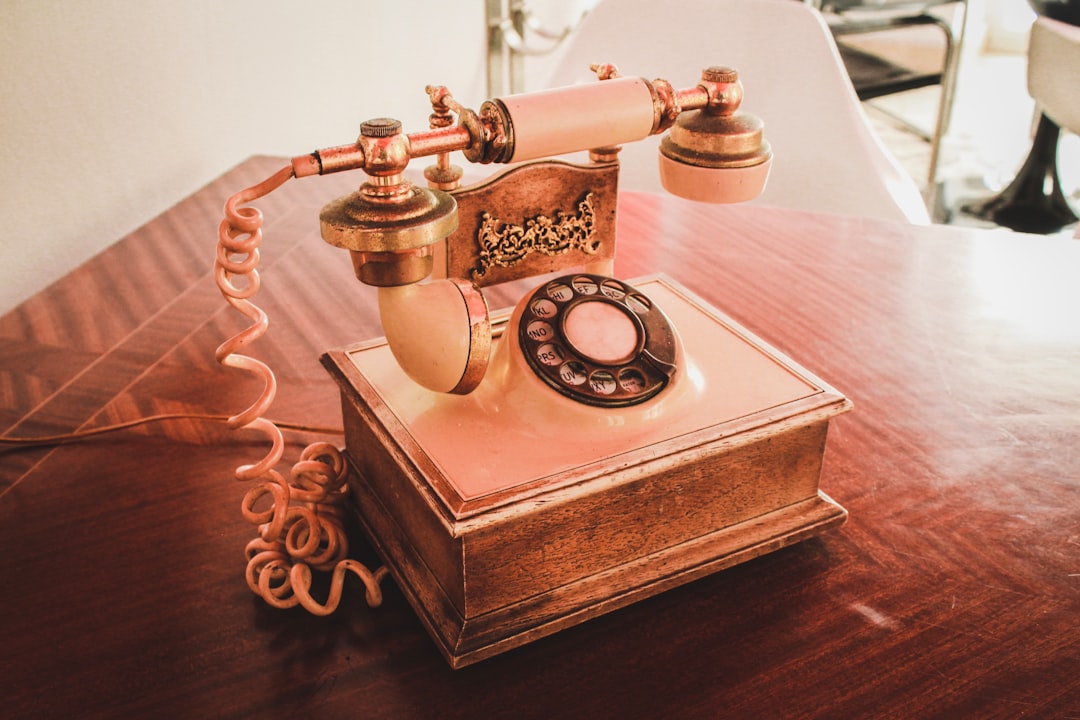
As an Iowan, you’re protected by the Telephone Consumer Protection Act (TCPA), which grants you significant rights when it comes to unwanted telephone calls. If you’re being harassed by repeated calls from telemarketers or unknown numbers, know that you have options. The TCPA prohibits companies and individuals from making phone calls using automated dialing systems or prerecorded messages without your prior consent, often referred to as “do not call” lists.
If you’ve registered on the state’s do not call list or made it clear to callers that you don’t want to be contacted, any subsequent calls could constitute a violation of your rights. In such cases, you can file a complaint with the Federal Trade Commission (FTC) and seek legal action against the offending party. A lawyer specializing in “do not call” laws, like those in Iowa, can guide you on how to assert your rights and hold perpetrators accountable.
Taking Action: How to Enforce Do Not Call List Regulations in Iowa

If your rights under the Telephone Consumer Protection Act (TCPA) have been violated in Iowa, knowing how to enforce the state’s Do Not Call list regulations is crucial. The first step is to identify the source of the unwanted calls. Once you’ve determined the caller, gather evidence such as call records and any communications with the caller. Next, contact a Do not call lawyer Iowa or an attorney specializing in TCPA compliance Iowa who can help you navigate the legal process.
An experienced do not call attorney Iowa will assess your case and determine if the caller has violated federal or state laws. They can then file a complaint on your behalf with the Federal Trade Commission (FTC) or the Iowa Attorney General’s Office, as applicable. Additionally, they might suggest sending a cease and desist letter to the caller, which can often resolve the issue without further legal action.
